As industries move toward smarter, cleaner, and more efficient systems, inverters are playing a bigger role in powering the shift. Inverters, especially variable frequency drives (VFDs), are now widely used beyond traditional manufacturing, helping new sectors automate, save energy, and optimize operations. Their flexibility and energy-saving benefits make them ideal for the next generation of industrial applications.
1. Energy Efficiency and Cost Reduction
Inverters allow motors to run at variable speeds, using only the energy needed for the task. This avoids energy waste and leads to significant savings on electricity bills. In sectors like logistics, water management, and smart agriculture, energy efficiency is a key priority, and inverters deliver consistent results.
2. Enhanced Process Control and Automation
Modern industries rely on precision and automation. Inverters offer real-time control over motor performance, enabling smoother starts, stops, and speed adjustments. Whether it’s conveyor systems in e-commerce warehouses or mixing processes in food tech, inverters give businesses better command over operations.
3. Longer Equipment Lifespan
By reducing motor strain from sudden starts or stops, inverters help extend the life of machinery. This reduces maintenance costs and downtime, essential benefits for fast-paced, tech-driven sectors where reliability is critical.
4. Integration with Renewable Energy Systems
In sectors adopting solar or hybrid energy systems, inverters play a crucial role in converting and managing power. They help regulate voltage and frequency, ensuring clean and stable power supply to industrial equipment. This is especially useful in remote or off-grid facilities.
5. Supporting Malaysia’s Move Toward Industry 4.0
New industrial sectors in Malaysia are embracing smart technologies, and inverters are key components in that evolution. Their compatibility with IoT devices and smart control systems makes them a backbone of automated, connected, and efficient industrial setups.
Conclusion
Inverters are no longer just a tool for traditional factories—they’re becoming essential in powering the future of industrial innovation. From improving efficiency to enabling automation, their benefits are clear across a wide range of new sectors. For any business aiming to stay competitive and sustainable, integrating inverters is a smart step forward.

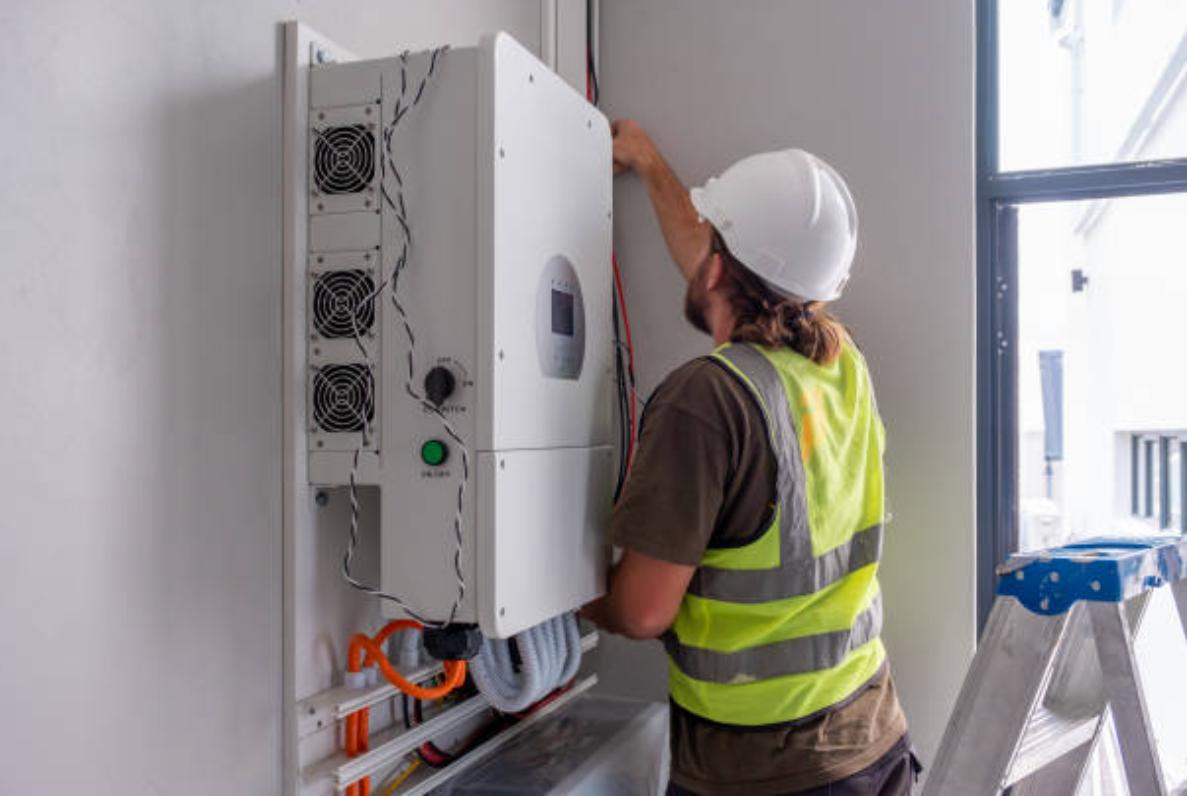

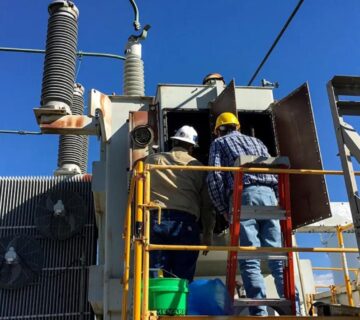
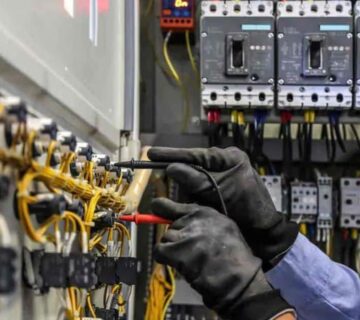
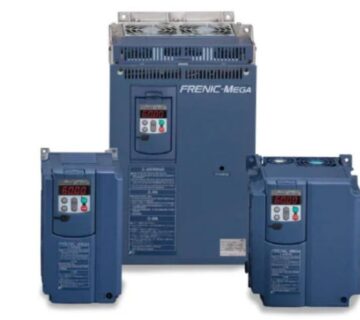
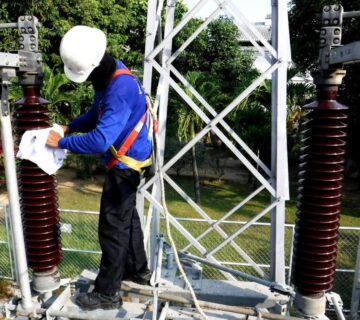

No comment